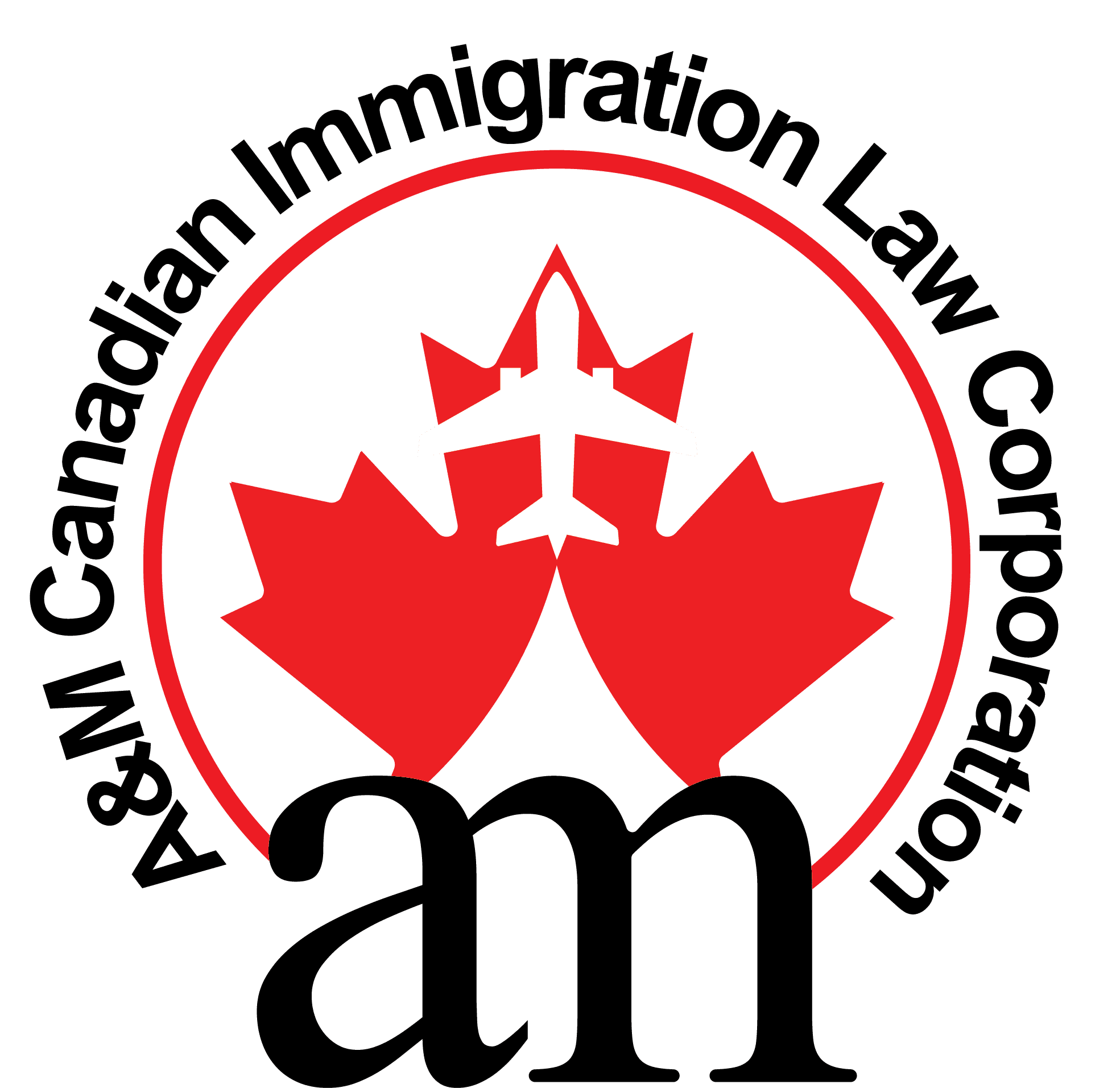As Canada continues to address critical labor shortages, the Brandon Rural Community Immigration Pilot (RCIP) has officially launched, offering a community-driven pathway to Permanent Residency for skilled workers. But before you apply, it’s essential to understand who qualifies and who doesn’t.
The Brandon RCIP is a rural immigration initiative launched to attract and retain skilled foreign workers in Brandon, Manitoba. This community-led pilot allows local employers to fill labor gaps that can’t be met by Canadian citizens or permanent residents.
Employer Eligibility Criteria
To participate in the RCIP, employers must meet the following requirements:
– Be operational for at least 2 years
– Have a position that aligns with the priority occupation list
– Operate within the geographic boundaries of Brandon’s RCIP
– Prove that the job cannot be filled by a Canadian or PR
The current priority list includes 25 occupations, most of which are NOC 0–3 level (highly skilled).
The examples are:
1. Family Physicians
2. Civil Engineers
3. Mechanical Engineering Technologists
4. Early Childhood Educators
5. Welders and Plumbers
There were only 2 roles under NOC 4–5.
1. Industrial butchers and meat cutters
2. Construction trades helpers and laborers
Most positions require Canadian work experience, certifications, or licenses to qualify.
Some occupations under the RCIP demand specific Canadian credentials. For example,
Physicians, Dentists, Civil Engineers → Require provincial or federal licensing
Plumbers and Welders → Trade certifications required (Manitoba has voluntary certification for some trades)
Early Childhood Educators→ May need post-secondary education and provincial licensing
Without these, even highly qualified candidates may be ineligible.
Although international students are a growing demographic in Canada, RCIP may not be a viable PR pathway for many, because,
1. Most students pursue academic programs unrelated to RCIP jobs (e.g., Marketing, Business, or Computer Science)
2. Licensing barriers: Jobs like dentists, engineers, or early childhood educators require long professional routes and certification
Unless you’re training in in-demand trades or licensed professions aligned with Brandon’s RCIP occupation list, this program may not work for you.
If you’re an international student, consider pursuing skilled trades certification, gaining relevant Canadian work experience and exploring other PR pathways like Express Entry or PNP with post-graduate work experience.
At A&M Canadian Immigration Law Corporation, we provide personalized legal advice for RCIP and community pilot programs, Skilled worker PR applications and many more.
Book your free consultation with our Winnipeg-based immigration lawyer today at A&M Canadian Immigration Law Corporation.






